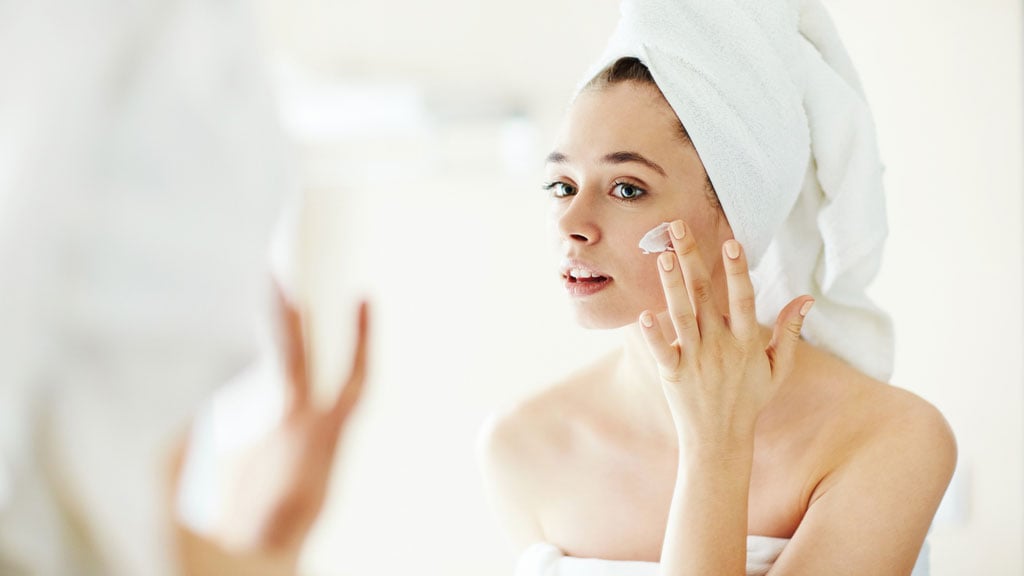As a cosmetic dermatologist, I am asked questions every day in my office about skin care and the best ingredients for rejuvenation and anti-aging. By far the best “anti-aging” product is a broad-spectrum sunscreen of at least SPF 30 used under a hat. Sun exposure and photodamage causes more aging of the skin, which is seen as wrinkles, brown spots, dullness, broken capillaries and rough texture, etc. than a person’s actual chronologic age. However, the second best anti-aging ingredients is a retinoid.
What’s a retinoid?
Retinoids are derivatives of vitamin A than can increase skin cell turnover and stimulate collagen production to unclog pores, improve fine lines and wrinkles, even our skin discoloration and give the skin a healthy glow. There are several types of prescription retinoids these days: tretinoin, also known as Retin-A; tazarotene, which is slightly stronger; and adapalene, which is gentler.
When should I use it?
Because the sun can inactivate them, retinoids are best used at night with a good moisturizer since irritation and dryness can occur for the first two weeks as the skin is becoming accustomed to its use. To help the skin slowly accept a retinoid, start by using it every other night or only two nights a week at first with increased use as tolerated. Pair it with a gentle creamy cleanser and thick moisturizer for improved tolerance.
What if it irritates my skin?
For skin too sensitive for prescription-strength retinoids, an over-the-counter retinol can be helpful. Although the results are not as impressive as those seen with prescription tretinoin, night creams containing retinol can help gradually improve fine lines and discoloration. The best formulations are retinols combined with other ingredients such as glycolic and hyaluronic acids. Since these formulations are stronger than can be obtained at the local department or convenience store, you’ll have to ask for these advanced formulations at your dermatologist’s office.
What are some good over-the-counter retinoids?
My faves are Neutrogena Anti-Wrinkle, Roc, and SkinCeuticals Retinol 1.0.
What if it’s not working?
I sometimes hear the myth: I used my retin A for a month and didn’t see any changes. The important thing to remember about using retinoids for anti-aging purposes is that they provide long-term results. The longer you use them, the better they work. It’s an investment in your skin to use a retinoid every night. Any dermatologist can tell when a woman has been using retin A on her skin for years because the skin has a beautiful glow.
Dr. Elizabeth Tanzi is Founder and Director of Capital Laser & Skin Care and Clinical Professor of Dermatology at the George Washington Medical Center.




















